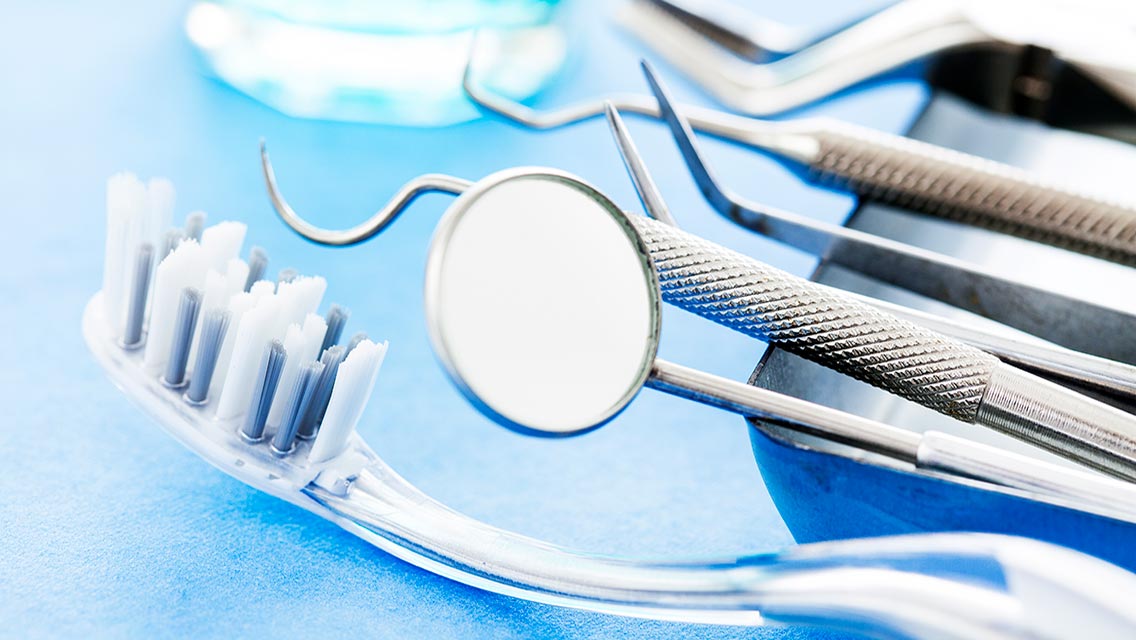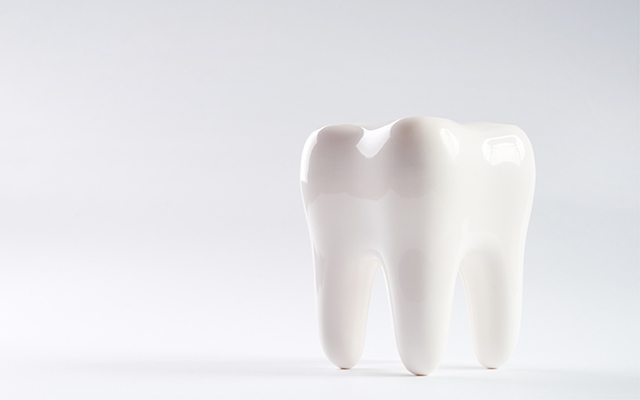When My Lovely Wife joined me among the Medicare set a couple of years ago, we quickly deduced that the costs and benefits of a Medicare Advantage (MA) plan argued against our continued enrollment in my employer’s health insurance — unless we wanted dental coverage.
This is no small point. Even a routine visit to the dentist can set you back a hundred bucks or more, and traditional Medicare will only cover procedures directly associated with rather narrow health conditions. MA plans vary widely in their coverage, but they typically limit reimbursements to basic preventive care — if you can find a dentist who accepts Medicare patients (ours doesn’t).
So, we hung on to the dental insurance (and vision coverage, which is another story) while ditching the rest of my employer’s plan. And when I visit a specialist later this month for some unwelcome oral surgery, I can confidently expect to settle my bill without having to contribute an arm and a leg. Sadly, this is not the case for a large portion of my contemporaries.
Researchers at Brigham and Women’s Hospital recently revealed the results of a study suggesting that enrolling in Medicare can exact a huge toll on the oral healthcare of older adults. Analyzing data from the Medical Expenditure Panel Survey — conducted between 2010 and 2019 and involving more than 97,000 beneficiaries — Lisa Simon, MD, DMD, and her team found that half of the beneficiaries lacked dental insurance and, during 2018, nearly half never visited a dentist. The number of these seniors who lost all their teeth after joining Medicare rose by almost 5 percent during the survey period.
“Older adults have the lowest rates of dental insurance in the U.S. and cost is a major barrier for many in seeking dental care,” Simon notes. “We know that Medicare, by covering medical services, improves health outcomes and reduces racial health inequities among older adults, but it has the exact opposite effect for dental care.”
“Older adults have the lowest rates of dental insurance in the U.S. and cost is a major barrier for many in seeking dental care.”
The study, published in the journal Health Affairs, found that enrolling in Medicare tended to reduce access to restorative dental care. The number of people who received this level of care fell by nearly 9 percent after signing up.
Simon admits the survey data her team used didn’t allow researchers to track participants’ dental care over an extended period, and the information did not account for other life changes that may have occurred at the time of enrolling in Medicare. Still, their results argue for a renewed debate on expanding the program’s offerings.
“Our findings capture the magnitude of the problem,” she says, “but also point to the opportunity to improve oral healthcare access and outcomes, should policymakers expand Medicare coverage to include dental services.”
That seemed to be a vague possibility last summer, when a group of Senate Democrats tried to graft comprehensive dental coverage onto the Inflation Reduction Act. The plan would allow Medicare to cover 80 percent of the cost of most dental procedures, including fillings, root canals, dentures, and the like. Their effort ultimately wilted against heavy lobbying by the American Dental Association (ADA). The Centers for Medicare and Medicaid Services (CMS) then promised to answer the call by proposing additional scenarios in which it would cover dental services.
At the time, Medicare only paid for oral healthcare when it was a necessary precursor to treatment of a specific medical condition: wiring teeth to repair a fractured jaw, for instance, or extracting an infected tooth prior to radiation treatment for certain cancers. Advocates for seniors hoped that CMS would step forward with a broader approach.
But when the new rules were announced in November, they fell far short of the sort of comprehensive coverage seniors, on the whole, are lacking. CMS will now cover dental examinations prior to organ transplant surgery, cardiac valve replacement, or valvuloplasty procedures; next year, it will reimburse for oral examinations before head and neck cancer treatment. But, as the Kaiser Family Foundation puts it: “It does not represent a broad expansion of Medicare coverage of dental services and will not substantially increase Medicare spending or covered dental services for a large number of Medicare beneficiaries.”
The ADA, on the other hand, was pleased with the results, having successfully derailed any coverage expansion that would cause dentists to receive lower reimbursement rates than private insurance currently offers. The organization ultimately favors what Simon describes as a “Part T” plan that would be administered independently from CMS and operate as a basic fee-for-service structure.
“To the extent that a Part T model might resemble current MA dental benefits,” Simon writes in Health Affairs, “our results suggest that it might not ensure oral health access for either MA or traditional Medicare beneficiaries.”
That leaves most seniors in a bind when an infected molar threatens to wreak havoc throughout the body. Even with a decent insurance plan, I put off the surgery for several months — less for financial reasons than a completely irrational fear of dentists — and I can easily imagine an uninsured contemporary blanching at the $1,400 price tag and simply hoping the infection doesn’t spread. I can handle the $600 copay more comfortably than I can handle the anxiety awaiting me in the chair, but it’s no small expense.
It may not require too far of a leap to compare my fraught anticipation of oral surgery with the government’s worrisome approach to expanding Medicare coverage. Just as I fruitlessly trust that a strong dose of anesthesia will cure my lifelong anxiety over dental work, so does CMS seem to believe that by staying asleep at the wheel all concerns about inadequate coverage will — like a yanked molar — simply disappear.





This Post Has 0 Comments